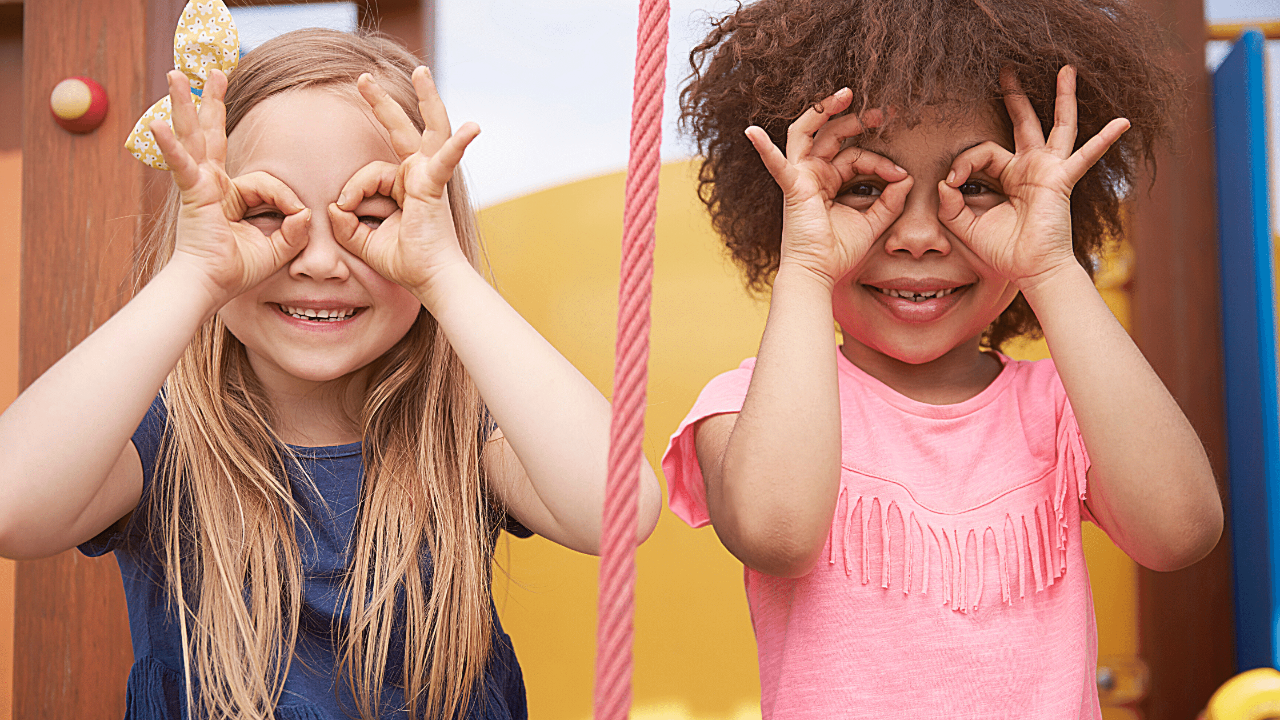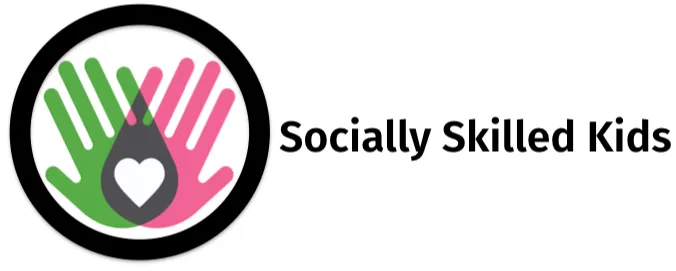Teaching Self Awareness for Kids in Special Education
Jan 31, 2021
SEL {Social and Emotional Learning} has always been important, but perhaps now, more than ever! Taking care of our kiddos social and emotional health is finally starting to get the attention it deserves. This is self awareness for kids in special education is so important.
What Is SEL?
SEL refers to learning how to manage and understand our emotions. It helps us to develop the necessary social skills to maintain positive feelings and positive relationships.
SEL has 5 main skill areas, as outlined by CASEL {The Collaborative for Academic, Social, and Emotional Learning}:
1. Self Awareness
2. Self Management
3. Social Awareness
4. Relationship Skills
5. Decision Making
These 5 skill areas are critical for all children to learn as they are moving through school {and life}, but for kiddos with special needs, it can be very challenging.
Each skill area has many splinter skills embedded in each one.
Special education students often have skill deficits in several if not all of these areas. In other words, there is, a lot of work to be done!
Why Should Special Education Focus Heavily On SEL?
All students benefit from SEL. It improves overall social, emotional AND academic success.
Teaching and supporting SEL:
These are all important reasons for every teacher to include SEL in their teaching...but our kiddos, need this instruction and support even more, and often need it to be explicitly taught.
Students with special needs are vulnerable in many, if not all, of the focus areas of SEL and in many, if not all, of the skills that make up these focus areas {Self Awareness, Self Management, Social Skills, Decision Making and Mindset}.

This is why we simply cannot over focus on SEL. In short...SEL is everything!
To start the discussion on how to teach SEL to special education students, this blog post will focus on the core competency of: Self Awareness for kids in special education.
Defining Self Awareness
The dictionary defines Self Awareness as; the conscious knowledge of one's own character, feelings, motives and desires.
A more ‘Kid Friendly' version might be something like; understanding what makes you, you.
More specifically... understanding your wants and needs, strengths and challenges.
But why is this so important to teach self awareness for kids in special education?
Because having this understanding will help them to make the connection between their thoughts, feelings and behavior... and to be better able to make changes when necessary.

Some of the splinter skills for Self Awareness include; understanding one's own emotions, thoughts and behaviors and how they may impact each other.
Need an activity to help you with this?

This activity helps children to understand a variety of emotions, what thoughts they may have that cause those emotions and what behaviors they may exhibit as a result.
Included are 14 emotions slides with some common "triggers" that might make one feel that way. Students should discuss each emotion and the given triggers and tell if any of those things are trigger for them.
*A trigger is something that causes you to feel a certain way.

You can also touch on a splinter skill from the sill area, Social Awareness. Important splinter skills in this area would be perspective taking and empathy.
To support these skills, ask the students to notice if they have the same triggers as others, or not.
This will lead to some great discussions about how others feel and how we may {and often do} have different feelings than our friends, even about the same situation or event.
How can you help your students increase Self Awareness?
Notice Others: Your students can begin to have more self awareness by noticing others. By noticing others, our students can start thinking about behaviors that they do/do not like or feel comfortable with. And if they don't like it...perhaps others won't like it when they do it...
Identify Your Triggers: It always helps our kiddos when we can model for them, using ourselves. Next, help students identify their own triggers.
Read About It: Pointing out triggers and characteristics {positive and negative} of characters in books, can be a great way to address a challenging subject without putting kids on guard. Below are some suggestions for you.

Practice Constructive Criticism: Again, this can be done with adults first and then with students {if they are particularly sensitive to criticism}. Being able to accept constructive criticism is a very important skill for self awareness and indeed for life!
Learn Something New: Learning something new is a great way to increase self awareness for kids in special education. What are you good at? What is tricky for you? Can you improve with practice and time?
Below are a couple more great activities to help you!
My Self Awareness Journal

To use this resource:
As I've said many times, the magic, is in the discussion :)
The Notice Game

Noticing others is SOOOOO important for our kiddos! And I just love the way this fun game gets students talking about and thinking about, noticing others.
Would you like to receive specially designed, creative and interactive FREE teaching resources?
Join us in the Teacher’s Lounge!

